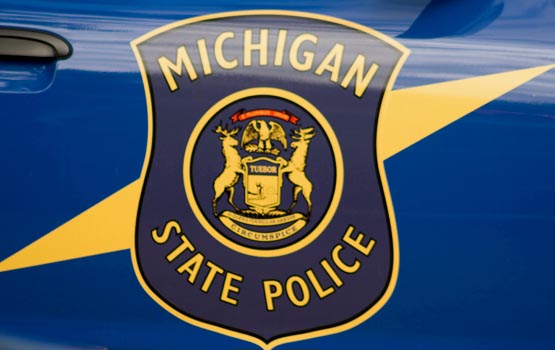The U.S. Supreme Court ruled yesterday that the State of Michigan cannot sue an Indian Tribe to stop it from opening a casino not located on tribal land. However, the 5-4 decision left the door open for the state to pursue other options to shut down such casinos. The case began in 2010, when the Bay Mills Tribe opened a small casino in Vanderbilt… 50 miles south of the Mackinac Bridge, and 100 miles away from the tribe’s reservation near Sault Ste. Marie. The tribe admitted the move was made to establish a test case that could pave the way for it to open casinos in larger markets downstate. Attorney General Bill Schuette sued Bay Mills… and the casino was closed. Bay Mills maintained that its tribal immunity protected itself from the state’s lawsuit… and the Supreme Court agreed. However, the court limited its ruling to actions against the full tribe. Writing for the majority, Justice Elena Kagan pointed out that the state could still take criminal action against individuals who conduct an illegal gambling operation… including tribal officials who run it, and customers who patronize it. Schuette used that part of the opinion to declare victory in the case. Bay Mills officials also claimed victory, and vowed to continue efforts to open a casino in Lansing. The case could have an impact on the Keweenaw Bay Indian Community’s effort to open a casino in Negaunee… a plan that has been blocked by Governor Rick Snyder. You can read the full SCOTUS opinion here.
Check Also
The MSP Calumet Post collects more than 5,100 pounds of food for local pantries
During December Michigan State Police Troopers delivered more than tickets to drivers speeding on highways …
 Keweenaw Report Your Source for Local News and Sports
Keweenaw Report Your Source for Local News and Sports





